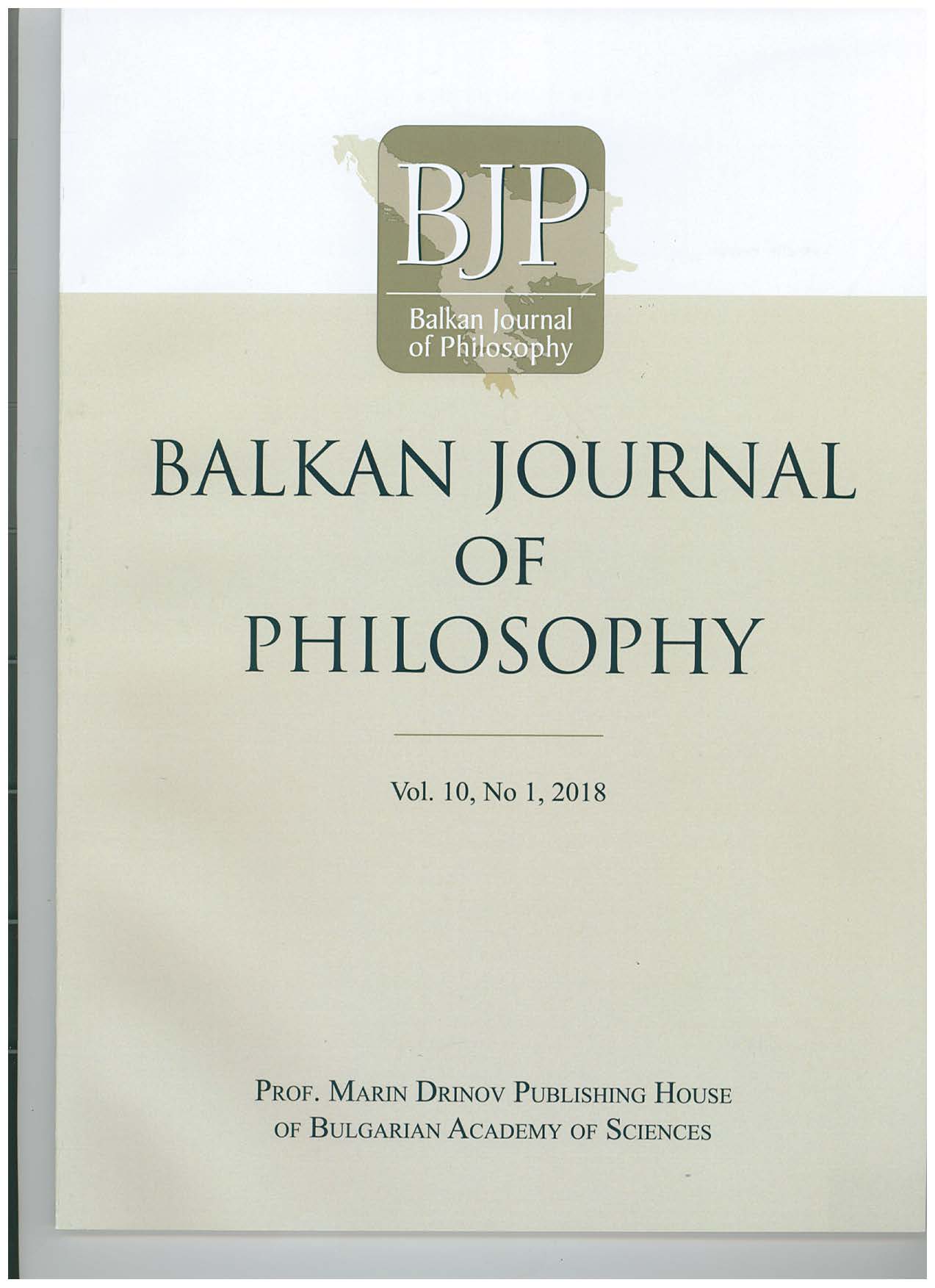Intellectual Disability, Brain Damage, and Group-to-Individual Inferences: How the U.S. Court System Uses Neuroscience Data
Intellectual Disability, Brain Damage, and Group-to-Individual Inferences: How the U.S. Court System Uses Neuroscience Data
Author(s): Valerie Gray HardcastleSubject(s): Philosophy, Social Sciences, Law, Constitution, Jurisprudence, Psychology, Neuropsychology
Published by: Институт по философия и социология при БАН
Keywords: neuroscience; criminal cases; intellectual disability; brain damage
Summary/Abstract: In this essay, I home in on the difficulties with group-to-individual (G2i) inferences in neuroscience and how they impact the legal system. I briefly outline how cognitive shortcutting can distort legal decisions, and then turn my attention to G2i inferences, with a special focus on issues of intellectual disability and brain damage. I argue that judges and juries are not situated to appreciate the nuances in brain data and that they are required to make clinical decisions without clinical training. As a result, they effectively ignore those responsibilities and simply decide cases in virtue of what they already believe to be true. How judges actually make decisions in high-stakes criminal cases is troubling, but they are also hamstrung in a variety of ways.
Journal: Balkan Journal of Philosophy
- Issue Year: X/2018
- Issue No: 1
- Page Range: 5-16
- Page Count: 12
- Language: English

